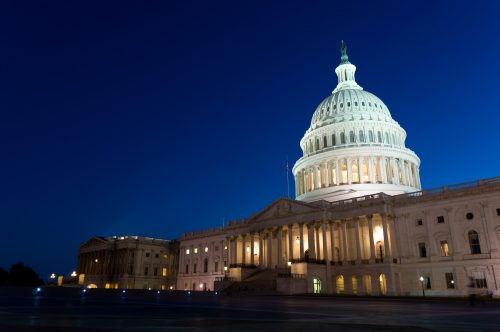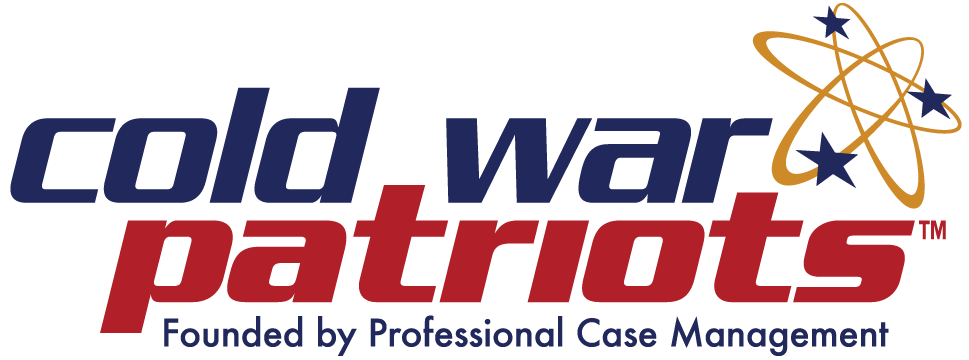
CWP News | CWP
Advisory Board to Department of Labor Meeting Summary
May 16, 2022
May 16, 2022
CWP
CWP News
The Advisory Board on Toxic Substances and Worker Health held one of the last virtual meetings of their term on May 10-11, 2022. This Board’s term expires July 2022. The Department of Labor is accepting nominations for the next Board’s term. Nominations are due by May 21, 2022.
Rachel Pond, Director of the Division of Energy Employees Occupational Illness Compensation (DEEOIC), updated the Board on the latest developments with the program. She explained that they have reviewed more claims under the new quality review policy and for the first two quarters of fiscal year 2022 the ratings have been outstanding.
A welcomed change is that DEEOIC is working on allowing digital signatures for forms EE-1/2. These are used to file original claims. The claimant would then be able to upload the forms to through the portal instead of taking them to a Resource Center or placing them in the U.S. Mail. She expects this to be completed by the end of September.
John Vance, Chief of the Policy Branch, gave an overview of the changes to the Procedure Manual made in April 2022. The most notable change is that DEEOIC is limiting the amount of paper checks that are issued to compensate claimants. Except in rare instances, all compensation will be direct deposit.
A good portion of the Board’s discussion was their review of claims. 20 out of 24 claims were discussed during the two-day meeting. While the Board members agreed with many of the decisions, they also found some common, concerning problems. For example, they noted that some evidence provided by the claimant was ignored or not addressed by the industrial hygienists (IH). Or when all job titles were not considered. A personal physician or a contract medical consultant (CMC) is asked to review IH reports and offer an opinion on whether the levels of exposure were sufficient to result in an occupational disease.
A Board member noted that one CMC did not look at the medical evidence in the file. Another member noted that a CMC took the IH report as gospel. It was also noted that some IHs ignore skin exposure. This is especially relevant when workers used solvents.
For a virtual meeting, there was a strong turnout for public comments. They addressed four main topics,
- New language that is being used in IH reports.
- Problems with repeated borderline results for beryllium sensitivity.
- Ignoring evidence in the file.
- Inserting an end-date of 1992 for silica exposure into the Procedure Manual that isn’t in the law.
This is the new language in the IH reports and is used in claims where workers were employed after the mid-1990s:
Regarding workplace regulatory standards, DOE historically has not adhered to the OSHA Permissible Exposure Limits or PELs, but rather has followed the more restrictive (in almost all cases) American Conference of Governmental Industrial Hygienists (ACGIH) Threshold Limit Value-Time Weighted Average levels (TLV-TWA). The 2021 Threshold Limit Values for Chemical Substances and Physical Agents and Biological Exposure Indices document, defines a TLV-TWA as: The TWA concentration for a conventional 8-hour workday and a 40-hour workweek, to which it is believed that nearly all workers may be repeatedly exposed, day after day, for a working lifetime without adverse health effects.”
DEEOIC responded to the Board’s questions concerning this language and had Jeffrey Kotsch, Supervisory of the Policy Medical and Health Sciences Unit, available for additional questions during the meeting. A Board member asked what DEEOIC means by “significant”. He said that the word has different interpretations across the science professionals. For instance, people who work in the occupational medicine associate the word “significant” with “capable of causing disease”.
Mr. Kotsch did his best answering the Board’s questions. However, he is a certified health physicist and not a certified industrial hygienist and didn’t know many of the answers. Another Board member described her work at a nuclear weapons plant. She explained that it would be impossible to know how the job was performed just by looking at written record. She said the IHs must have an interview with the claimant to fully understand the nature of the work. DEEOIC responded that IHs rely on their professional judgement when reviewing a claim.
The issue of borderline beryllium sensitivity test results raised by the Board was also discussed. The Board had previously recommended that DEEOIC accept the current medical standard that three borderline beryllium sensitivity tests also be considered as being sensitive to beryllium. National Jewish Health also wrote a letter to DEEOIC supporting this position. DEEOIC explained that they are tied by the language of the law and cannot accept this recommendation. The Board will work on language to encourage Congress to act.
The Board hopes to schedule one more teleconference to wrap up their business and prepare to hand over their work to the new Board. Cold War Patriots will keep you advised on the date of the next meeting.
For those who would like to read the meeting materials and submitted written comments, please visit the Board’s website.
